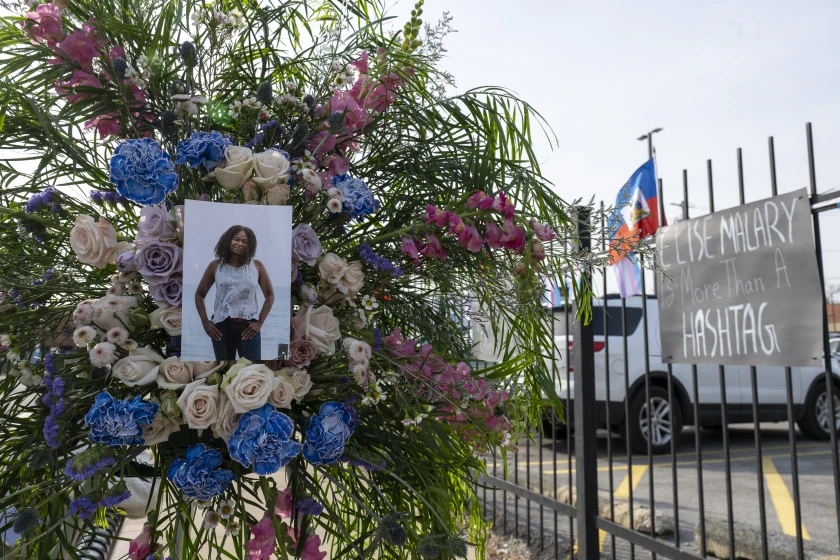Chicago is taking an important step to address the alarming violence faced by transgender people, especially Black and Latinx trans women. Mayor Brandon Johnson has announced a new advisory group to help improve the city’s policies and protections for the trans community. The group will focus on hate crimes and violence that disproportionately impact trans women of color.
Set to be formed by February 28, the group will be created in partnership with the Chicago Commission on Human Relations and the Chicago Police Department. Its mission? To take a hard look at the city’s current policies, procedures, and training around these issues and suggest ways to make things better. Mayor Johnson, who issued the executive order to form the group, emphasized the need for collaboration with community leaders who deeply understand these challenges.
Trans women, particularly Black trans women, face violence at rates far higher than the general population. Federal data from 2022 shows that transgender people are more than twice as likely to experience violent crime compared to cisgender individuals. Shockingly, nearly two-thirds of trans people killed by gun violence are Black trans women, even though they make up only 13% of the trans population. Mayor Johnson acknowledged Chicago’s troubling record, calling it one of the deadliest cities for Black trans women.
The new advisory group will also explore ways to support chosen family members—those who aren’t blood relatives but serve as close, supportive family. When a trans person is killed, these chosen family members often face barriers when trying to help with investigations or legal matters. This group aims to change that.
To make sure the trans community’s voices are heard, the group will hold three public meetings in its first six months—one on the North Side, one on the South Side, and one on the West Side. These meetings will give trans Chicagoans the chance to share their concerns and feedback directly. By the one-year mark, the group will also evaluate how their recommendations are being put into action across city departments.
The advisory group will include representatives from several city departments, including Family and Support Services, Public Health, and the Commission on Human Relations. They will also work closely with trans advocates and minority groups, as well as officials at the county and state levels.
The urgency of this initiative is underscored by grim statistics. Between 2016 and now, at least 14 trans and gender-nonconforming individuals have been killed in Chicago. All of them were Black or Latinx, and most were trans women. These killings happened in neighborhoods on the South and West Sides of the city. Despite these tragic numbers, charges were filed in only four cases. Media investigations have revealed that while the national clearance rate for such crimes is over 50%, Chicago’s rate is just 14%.
Alderman Carlos Ramirez-Rosa expressed hope for the future, saying this effort is a big step toward making sure the city understands the unique challenges faced by trans people. The group’s work, he said, will help shape both preventative measures and emergency responses to support Chicago’s trans community.
This move comes as Chicago tries to turn the page on its past failures to protect transgender residents. Under the previous administration, the city faced criticism for not doing enough. Mayor Johnson is determined to change that, showing his commitment to creating a safer and more inclusive Chicago where everyone, no matter their gender identity, can live authentically and without fear.
